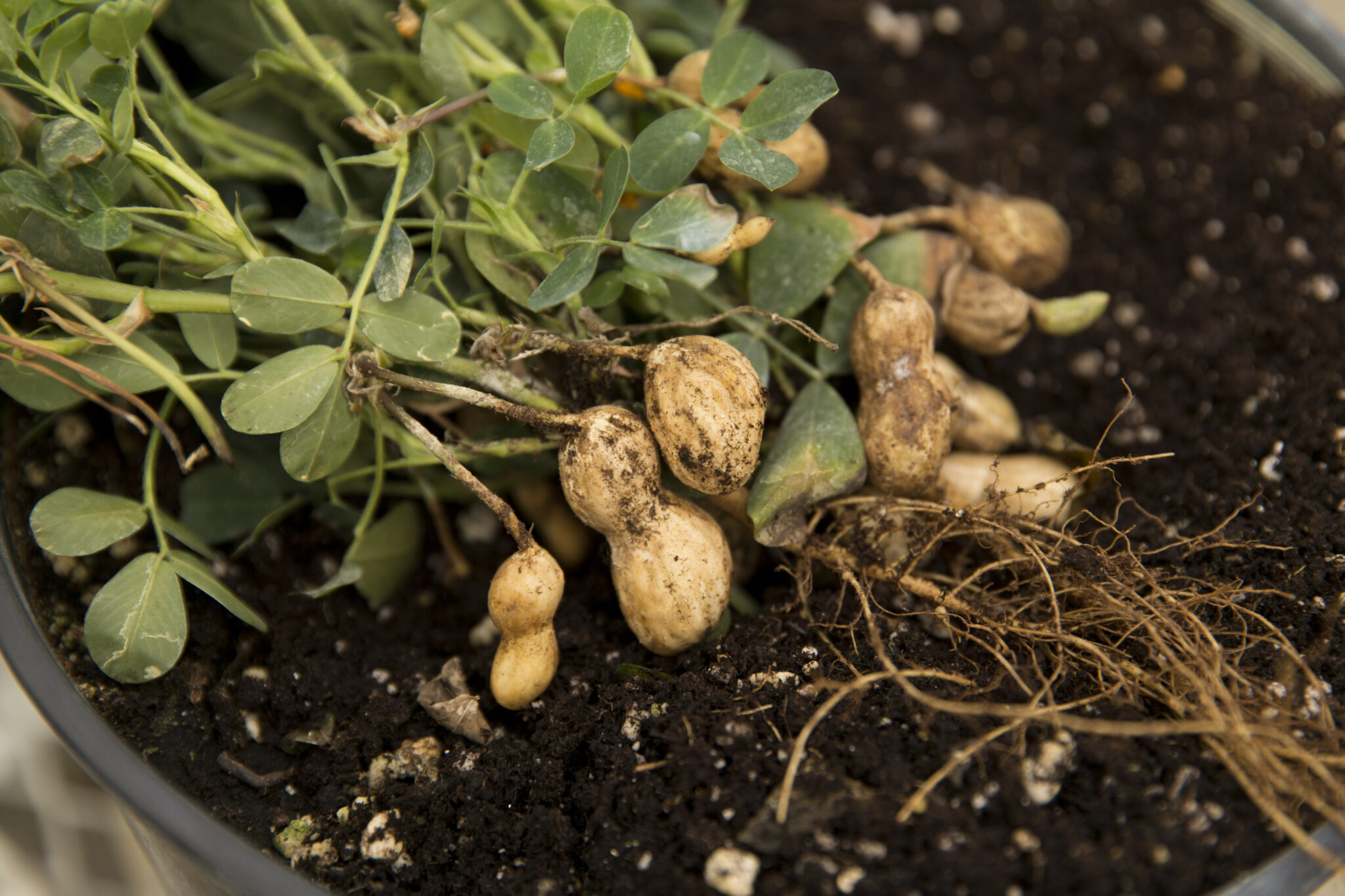Reducing sodium intake has long been recommended for those with high blood pressure, heart disease or diabetes. New information has University of Georgia nutrition experts suggesting that it may also help prevent bone loss and osteoporosis.
"A recent study shows lowering your intake of sodium may
help keep your bones healthy. It may help prevent brittle,
fragile
bones resulting from osteoporosis," said Janine Freeman,
an Extension Service nutrition specialist with the UGA College
of Family and Consumer Sciences.
The study was completed on women, as osteoporosis is especially common in postmenopausal women.
"The two-year study measured the amount of bone loss in women's hips over time," Freeman said. "Women who ate less than 2,100 milligrams of sodium per day had no bone loss. And women who ate the most sodium lost the most bone density."
Dietary standards recommend an intake of less than 2,400 mg of sodium per day. This is about one and one-fourth teaspoons of table salt.
"Most Americans consume between 4,000 mg and 6,000 mg of sodium per day," Freeman said. "Table salt contains only 25 percent sodium, so most people get their sodium from processed foods without realizing it."
Convenience-type
foods,
including canned and packaged foods, are high in sodium.
Processed
meats, like bacon and ham, and processed cheeses are also high
in sodium.
"Some of these don't even taste salty, like instant puddings and breakfast cereals," Freeman said. "You really have to be careful and read the package before you assume something is low in sodium. You'll be surprised."
To reduce sodium intake, Freeman said, eat more fresh fruits and vegetables, as well as fresh, uncured meats and starches like plain rice, potatoes and pasta. "Select less canned and packaged foods unless they're labeled low-sodium," she said.
To stay within 2,400 mg per day, aim for a sodium intake of 800 mg per meal for a three-meal day. "Obviously, a fast-food sandwich with 1,000 mg of sodium isn't a good meal choice," Freeman said. "A typical frozen dinner contains 1,100 mg of sodium. So it's not a good choice, either."
For heavy salt users, Freeman recommends a gradual cutback. "Salt is an acquired taste. The more you use, the more your taste buds prefer," she said. "Once you start using less salt, your taste buds adjust. You'll find high-sodium foods taste too salty."
Dietary guidelines recommend cutting sodium intake for overall good health. "We know eating less sodium may help your blood pressure. Now we know it may help prevent osteoporosis when accompanied by an adequate calcium intake," Freeman said. "Visit a registered dietitian for more recommendations on sodium and other nutrition."
(Photo 1 S. Omahen,UGA CAES photo 2: S. Bauer, USDA-ARS)





